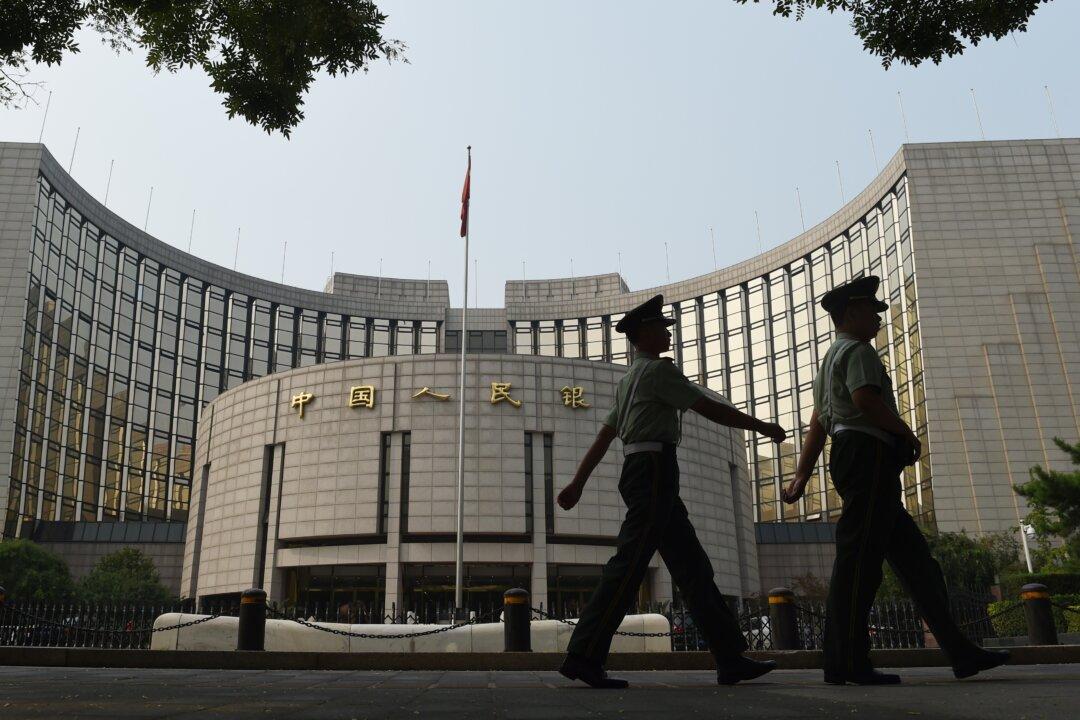News Analysis
Beijing issues new bonds as debts mount and credit swaps increase in price. Local governments, hard hit by the real estate slowdown, are expected to issue more bonds.

Beijing issues new bonds as debts mount and credit swaps increase in price. Local governments, hard hit by the real estate slowdown, are expected to issue more bonds.